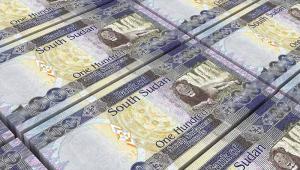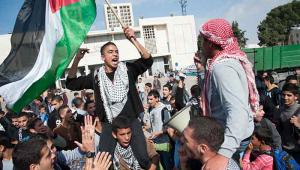Jordan, Turkey and Lebanon are struggling to deal with over 4 million Syrian refugees who have fled to across the border, and have appealed for international support to help make the structural changes necessary to deal with the influx.
Jordan’s planning minister, Imad Fakhoury, stressed that growth in the country was a third of what it had previously been, unemployment is rising and the government has “exhausted its fiscal space” to provide further support for the refugees it hosts going forward, 90% of which live below the poverty line.
A number of the pledges made in this session earmarked some funds for economic development in the region. Italy kicked off the pledging round with a commitment to spend $400m over the next three years to provide protection and assistance to people in Syria but also for the economic development of Jordan and Lebanon.
France, which has previously faced criticism for its low contributions, took the lead in the pledging session today, committing to mobilise more than €1bn over 2016-18, much of which will be directed to education. The country’s foreign minister Laurent Fabius said the country would also mobilise €900m in loans for the region.
Belgium (€77m), Poland (€4.5m), Denmark ($100m), Finland (€25m), Austria (€60m), Switzerland (€50m), Australia ($25m), Bulgaria (€400,000), Saudi Arabia ($100m), Estonia (€3.1m) and China (10,000 tonnes of additional food aid) all made pledges.
A number of development banks were also present in this session and made commitments to scale up their support to the region. The World Bank president, Jim Yong Kim, said the bank would provide $200m in concessional finance to Jordan and Lebanon.
The European Bank for Reconstruction and Development, which specialises in engaging the private sector, said it would mobilise at least a €900m package over 2016-18. Up to €400m of that will be in grant form.
The European Investment Bank announced that it intends to contribute to supporting economic development and job creation across the Middle East and North Africa with financing exceeding €15bn. This could be increased to up to €23bn between now and 2020 depending on conditions such as third party funding or shareholder agreement.
The Islamic Development Bank will also scale up its development financing in the region to $9bn between 2016-18. Some of this will be concessional, but the bulk will require blending with external grant resources and the rest will require guarantees from elsewhere in the international community.







